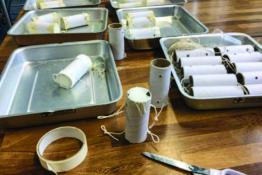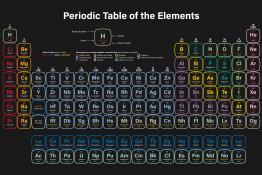Breaking the cycle: interrupting the perpetuation of erroneous ideas about the nature of science in the educational system
Issue 367 | Page 19 | Published Dec 2017
Description
In the context of what are often highly compartmentalised curriculum requirements, this article considers the cyclical nature of the acquisition and transfer of knowledge in the education system in relation to those questions that transcend individual subjects as set out in traditional curriculum divisions. It also considers the detrimental consequences of this across the curriculum for all subjects and seeks to identify'pinch points' at which interventions might most effectively be introduced to break the cycle of knowledge compartmentalisation, and allow those questions that do not sit simply within a single subject to be handled in a meaningful way. Particular examples from the teaching of genetics are used to illustrate the broader issue that affects science education across all fields. Finally, in seeking to break this cycle of perpetuated errors there are opportunities to offer new modes of thinking about the relationship of science with other ways of thinking that move beyond the simplistic notions of conflict embedded in many discussions, such as those relating to science and religion.
More from this issue
This article recounts the author's working experience of one method by which pupils' understanding of the epistemologies of science can...
This article aims to introduce the lanthanides (also known as the lanthanoids) to teachers and their students. The lanthanides are not mere'...





